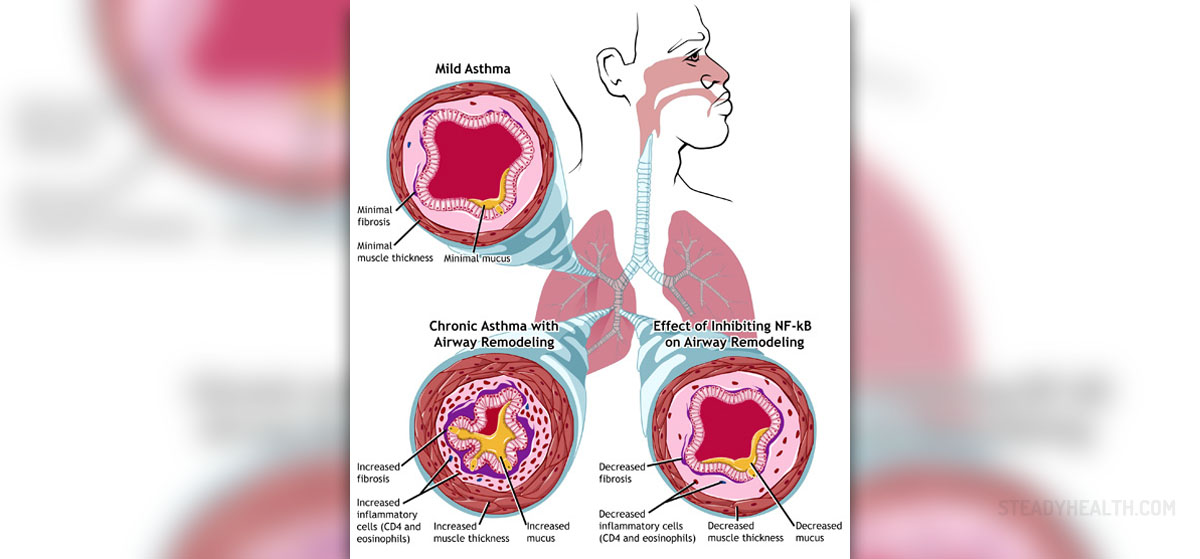
Mild Asthma
Asthma is a chronic inflammatory disease which features with inflammation of airways accompanied by spasm of smooth muscles in the respiratory tract. The airways narrow and fill with mucus which consequently leads to shortness of breath and wheezing. Some people have to deal with symptoms of asthma in spite of therapy. Symptoms may range from mild to rather severe ones. The most severe is asthma attack which requires urgent medical help.
Mild asthma is actually the disease with no severe symptoms. Patients suffering from mild asthma live normal lives and even if attacks occur they are rare and not so severe. Still, it is important for patients to report symptoms so that the disease can be diagnosed on time and treated properly.
Allergies are common cause of asthma. People may develop allergy to a variety of allergens such as animals, pollen, house dust mites, etc.
Symptoms of Mild Asthma
Symptoms of mild asthma are similar in children and adults. The only difference is that small children cannot explain what bothers them. This is the reason why parents sometimes do not pay attention to certain symptoms such as coughing or wheezing. Even though these symptoms may be mild they are typical for asthma and important for recognition of the disease.
To sum up, people with mild asthma commonly complain about coughing, wheezing and a feeling of tightness in the chest. These symptoms may eventually cause tiredness. The symptoms last approximately a minute or two and never exceed 5 minutes. Shortness of breath can be easily noticed during sports and other physical activities and this needs to be reported by parents.
Treatment for Mild Asthma
Patients who are suffering from mild asthma need to go for regular check-ups. This way the doctor will have insight in progression of the disease. Mild asthma can turn into chronic form of the disease. Patients initially do not require any medicamentous therapy. However, in case of progression of the disease the doctor may prescribe certain medications. Patients can successfully avoid attack by staying away from potential allergens.
All in all, medications should be always at hand particularly if symptoms become more severe or attacks tend to occur more frequently. Medications that are administered in case of mild asthma include anti-inflammatory medications such as corticosteroids and medications which provide with better supply of lungs with oxygen such as bronchodilatators.
All the medications are administered by asthma inhalers and nebulizers. Inhalers and nebulizers provide with the most effective and the quickest way of drug administration.


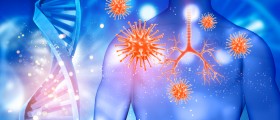
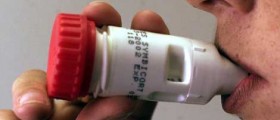


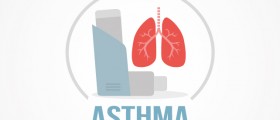


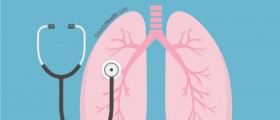







Your thoughts on this
Loading...